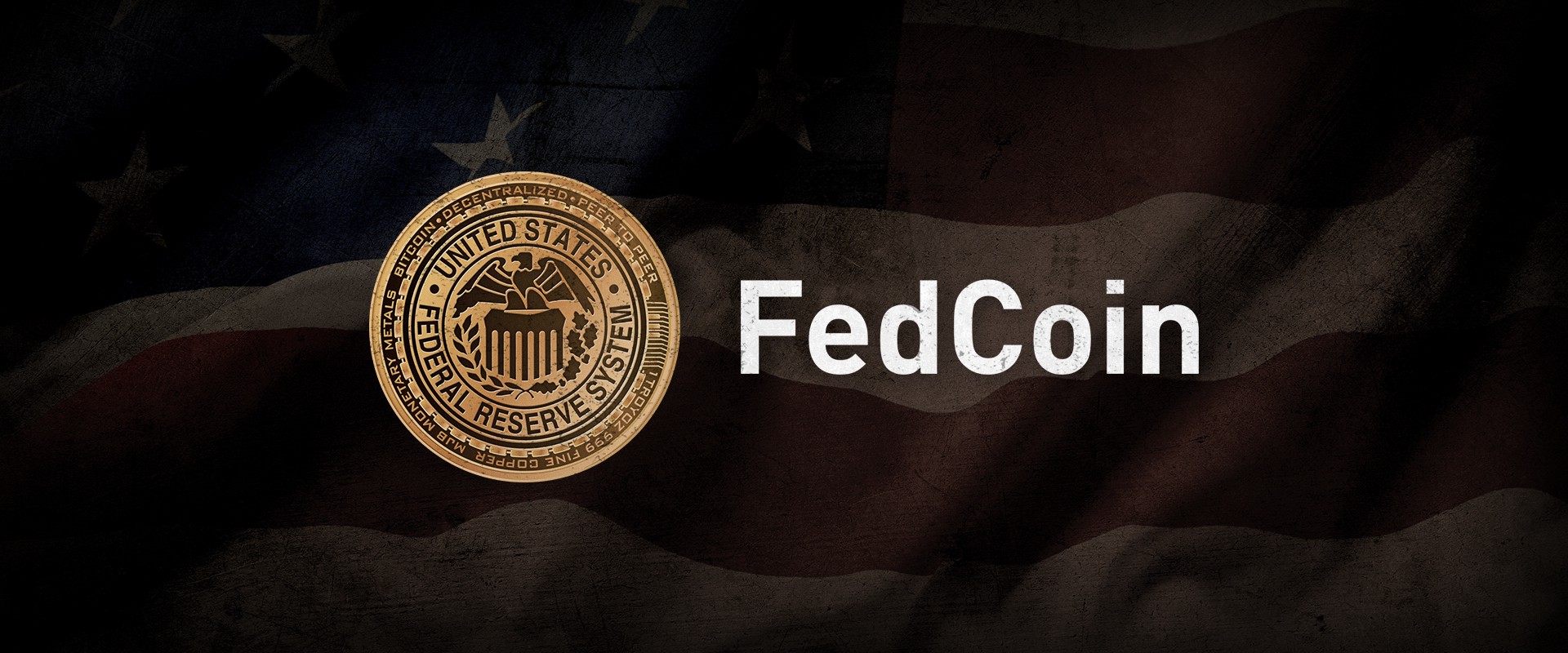PALO ALTO, Calif. (Reuters) - The Federal Reserve is looking at a broad series of problems around digital payments and currencies, consisting of policy, design and legal considerations around potentially providing its own digital currency, Guv Lael Brainard stated on Wednesday. Brainard's remarks suggest more openness to the possibility of a Fed-issued digital coin than in the past." By changing payments, digitalization has the possible to deliver higher worth and convenience at lower expense," Brainard stated at a conference on payments at the Stanford Graduate School of Service.

Main banks internationally are disputing how to manage digital finance technology and the distributed ledger systems used by bitcoin, which assures near-instantaneous payment at potentially low cost. The Fed is developing its own day-and-night real-time payments and settlement service and is currently examining 200 remark letters submitted late last year about the proposed service's style and scope, https://tfsites.blob.core.windows.net/palmbeachresearchgroup/index.html Brainard stated.
Less than two years ago Brainard told a conference in San Francisco that there is "no engaging showed requirement" for such a coin. However that was prior to the scope of Facebook's digital currency aspirations were commonly known. Fed officials, consisting of Brainard, have actually raised issues about customer securities and information and personal privacy hazards that could be presented by a currency that might enter into usage by the 3rd of the world's population that have Facebook accounts.
" We are teaming up with other main banks as we advance our understanding of reserve bank digital currencies," she said. With more nations checking out providing their own digital currencies, Brainard stated, that adds to "a set of factors to likewise be making sure that we are that frontier of both research and policy development." In the United States, Brainard said, concerns that require study consist of whether a digital currency would make the payments system safer or simpler, and whether it could position monetary stability risks, consisting of the possibility of bank runs if money can be turned "with a single swipe" into the central bank's digital currency.
To counter the monetary damage from America's extraordinary national lockdown, the Federal Reserve has taken extraordinary steps, including flooding the economy with dollars and investing straight in the economy. Many of these moves received grudging acceptance even from many Fed skeptics, as they saw this stimulus as needed and something just the Fed might do.
My new CEI report, "Government-Run Payment Systems Are Hazardous at Any Speed: The Case Against Fedcoin and FedNow," information the threats of the Fed's existing prepare for its FedNow real-time payment system, and proposals for central bank-issued cryptocurrency that have actually been dubbed Fedcoin or the "digital dollar." In my report, I go over concerns about privacy, data security, currency control, and crowding out private-sector competitors and development.
Supporters of FedNow and Fedcoin state the government must create a system for payments to deposit immediately, instead of motivate such systems in the economic sector by lifting regulatory barriers. However as noted in the paper, the personal sector is supplying a seemingly unlimited supply of payment technologies and digital currencies to solve the problemto the level it is a problemof the time space between when a payment is sent and when it is received in a bank account.
And the examples of private-sector development in this area are lots of. The Clearing Home, a bank-held cooperative that has been routing interbank payments in different kinds for more than 150 years, has been clearing real-time payments given that 2017. By the end of 2018 it was covering 50 percent of the deposit base in the U.S.